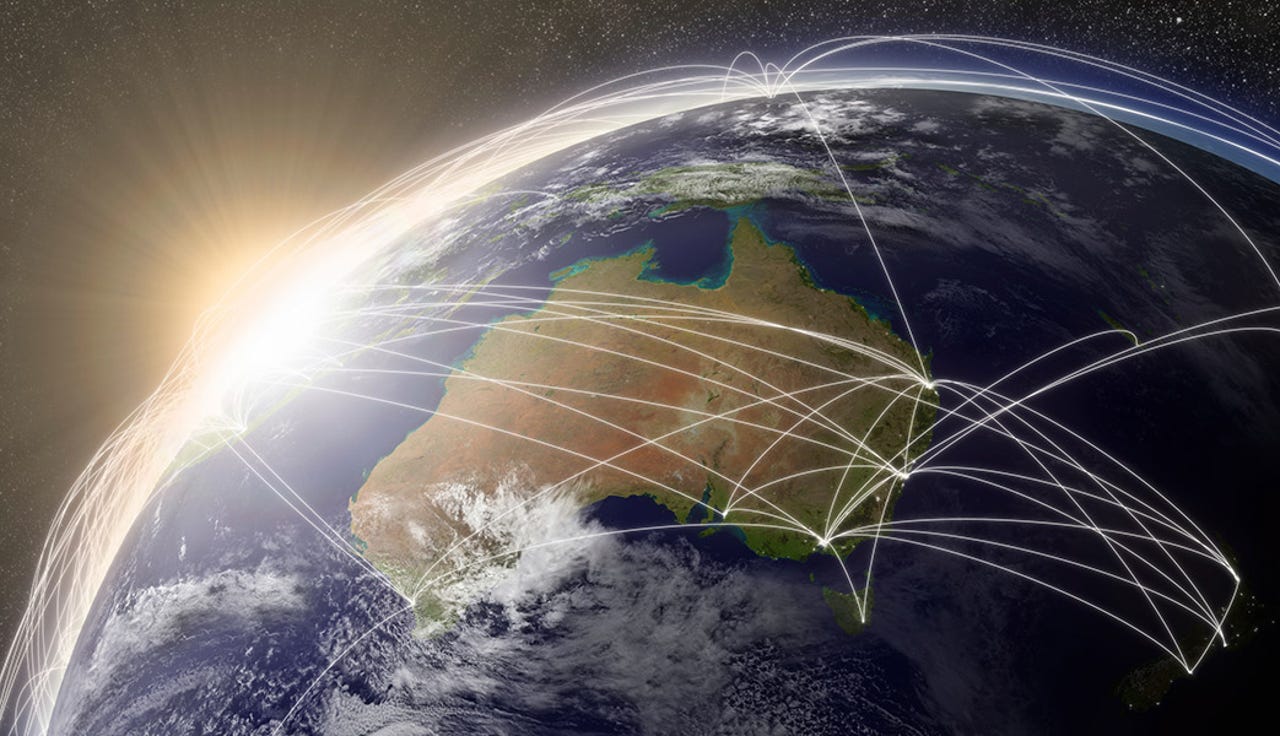NBN denies Kenya has faster broadband


Australia's National Broadband Network (NBN) company has refuted claims that Kenya has faster broadband speeds, arguing that less than 2 percent of the country has access to fixed-line connections in comparison to Australia's 90 percent penetration rate.
According to NBN, only the 180,000 premises within Kenya have broadband, while the remaining 9 million homes do not.
"Most of the 180,000 households that do have a fixed-broadband connection in Kenya are being served by operators like Wananchi Telecom, Safaricom, and Jamii Telecom that are building networks in private housing developments," NBN chief network engineering officer Peter Ryan said in an NBN blog post published on Thursday night.
"These operators are doubtless providing great services to the tiny fraction of premises that can access their network, but that probably isn't much comfort to the 98 percent of premises that can't even get a fixed broadband connection."
NBN pointed out that Akamai is only able to report what data it sees -- therefore only collecting data from those 180,000 premises, which are all connected by either fibre-to-the-premises (FttP) or hybrid fibre-coaxial (HFC) technology, in comparison to collecting information from Australia's ADSL, ADSL2+, FttX, and HFC connections.
The company argued that so far, only around one-third of Australian premises are actually connected with NBN services.
"The numbers you are seeing in the Akamai report for Australia are still really being driven by those legacy ADSL services that remain in the marketplace, not by NBN services," Ryan said.
"These legacy services will for the most part be replaced by faster NBN-powered connections over the next couple of years, and as this occurs the speeds reported by Akamai will improve."
Australia's speed statistics have already increased by around 26 percent year on year with 3 million premises so far connected to the NBN, Ryan said.
Ryan's blog post was written in response to Akamai's State of the Internet report [PDF] published in May stating that Kenya was ranked 43rd globally in terms of average speeds, at 12.2Mbps, and ranked 101st for peak speeds, at 38.5Mbps, for the first quarter of 2017.
By comparison, Akamai ranked Australia 50th and 64th, respectively, with average fixed-line connection speeds of 11.1Mbps and peak connection speeds of 55.7Mbps.
The company also reported that of Kenya's unique IPv4 addresses connected to Akamai, 31 percent have access to broadband speeds of at least 15Mbps, while 45 percent have access to 10Mbps and above, and 73 percent have 4Mbps.
Only 19 percent of Australia's unique IPv4 addresses connected to Akamai reportedly had access to 15Mbps and above broadband, while 35 percent had 10Mbps and 81 percent 4Mbps.
The report had made note of NBN's estimate of reaching 5.4 million premises in June -- though it pointed out that NBN "has missed milestones in the past" -- and of the announcement to offer a 100Mbps fixed-wireless product in future, which could improve its broadband adoption speed scores.
In his blog post, Ryan added that NBN expects to see a higher increase once more premises are reached -- and once retail service providers (RSPs) "move past this 'land grab' phase in the market and retailers begin to focus on quality of service for end users rather than simply price competition".
This statement followed comments from NBN CEO Bill Morrow that retailers are cutting corners by focusing on pricing rather than speeds or quality of service.
RSPs including Vocus, Vodafone, MyRepublic, and Macquarie Telecom have long argued that the only reason retailers are not offering 1Gbps speeds is NBN's connectivity virtual circuit (CVC) pricing structure.
However, NBN last month called the concerns about CVC pricing uncertainty "overstated", adding that retail margins are possibly temporarily contracting during the competition between RSPs to grab customers during the rollout.
"Whilst the CVC charge may be a new input cost, it is not an unquantifiable or unmanageable cost for retail providers," NBN said.
"Even if it contributes to relatively lower margins ... this would only be the temporary result of the 'land grab' phenomenon that is currently occurring in the downstream market as access seekers fight for market share during NBN's rapid expansion phase.
"The effect of access seekers' arguments to lower CVC prices even further is to require NBN to fund the 'race to the bottom' pricing that has occurred in the downstream market whilst access seekers embark on an aggressive marketing campaigns to retain and attain market share."
Once complete in 2020, the NBN will connect all Australian premises with 25Mbps minimum speeds, with 1.9 million premises to be served by FttP, 4.6 million with fibre to the node (FttN) or fibre to the basement (FttB), 1 million with fibre to the curb (FttC), 3.1 million with HFC, 600,000 with fixed-wireless, and 400,000 with satellite, according to NBN's Corporate Plan 2018-21.
The infrastructure project has faced widespread criticism over its step away from fibre towards a multi-technology mix, with Shadow Communications Minister Michelle Rowland on Friday claiming that Australia has fallen from 30th to 51st place in international broadband rankings.
Despite the debate surrounding speeds, NBN recently found that only one third of Australians know the speed of their internet connections.